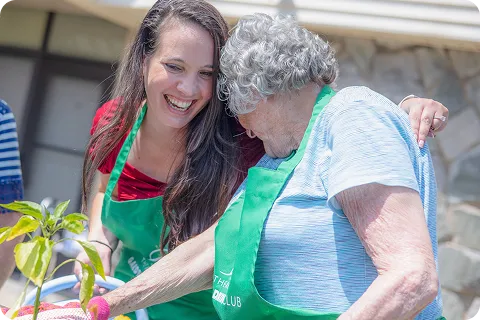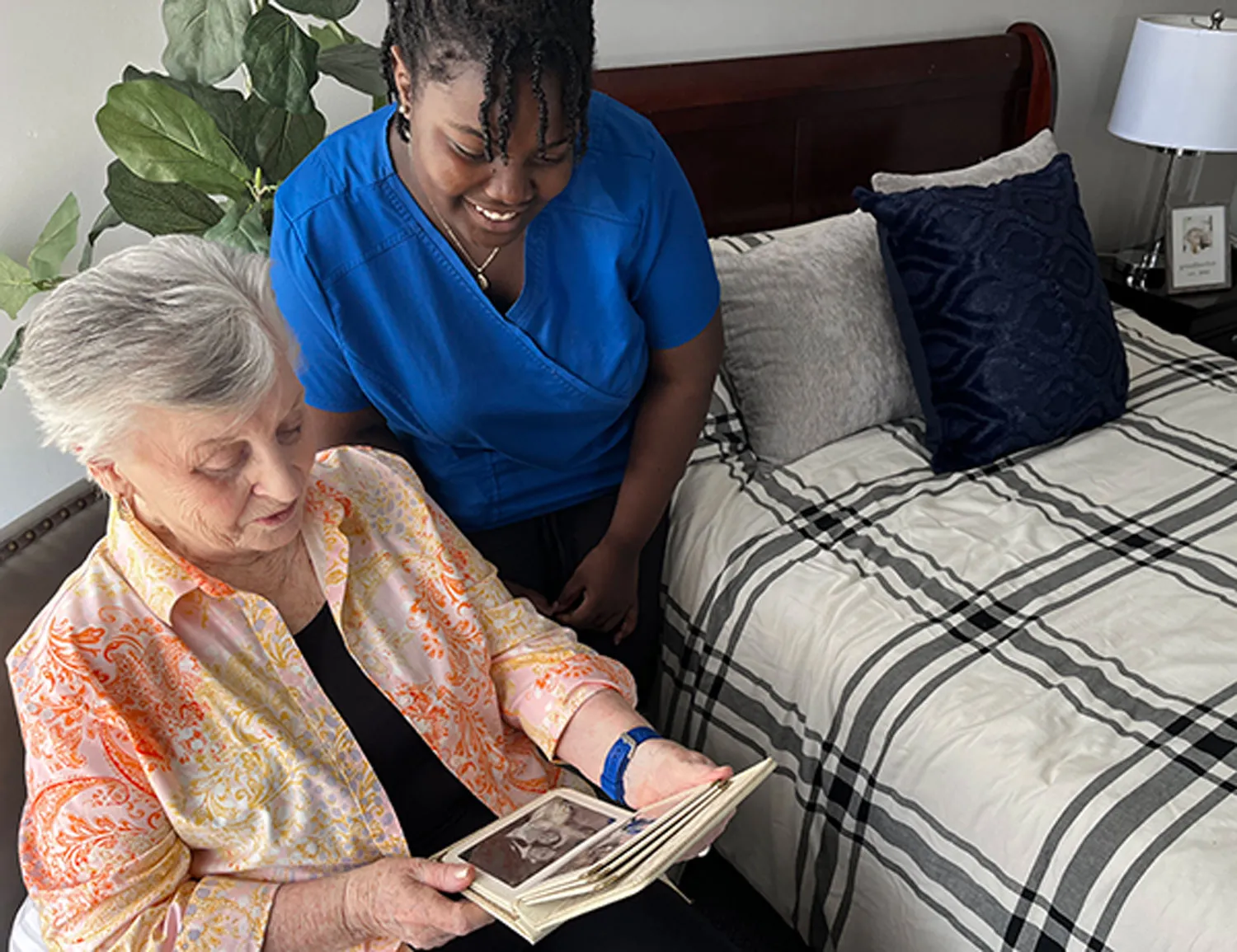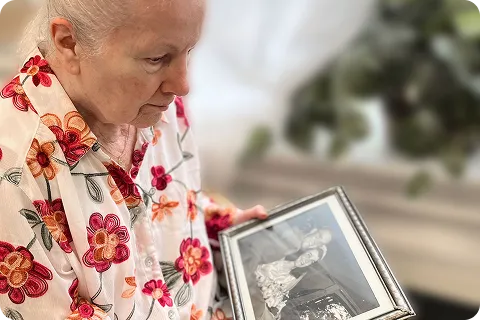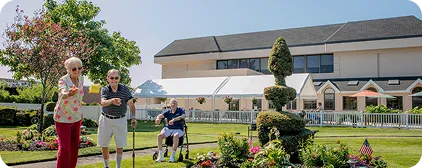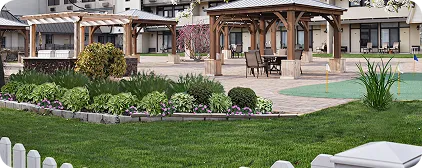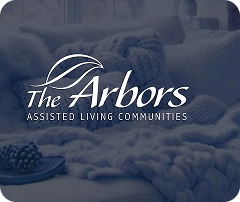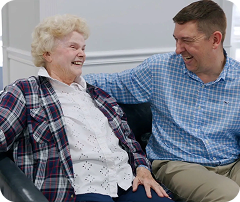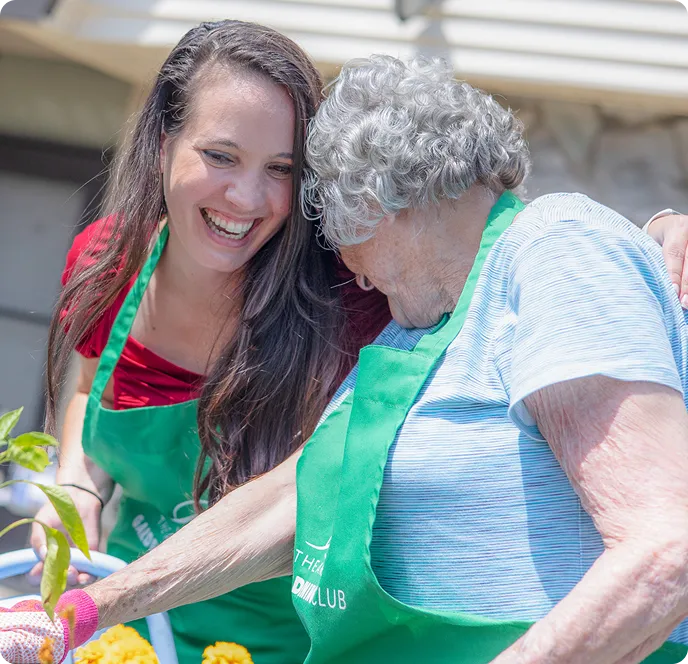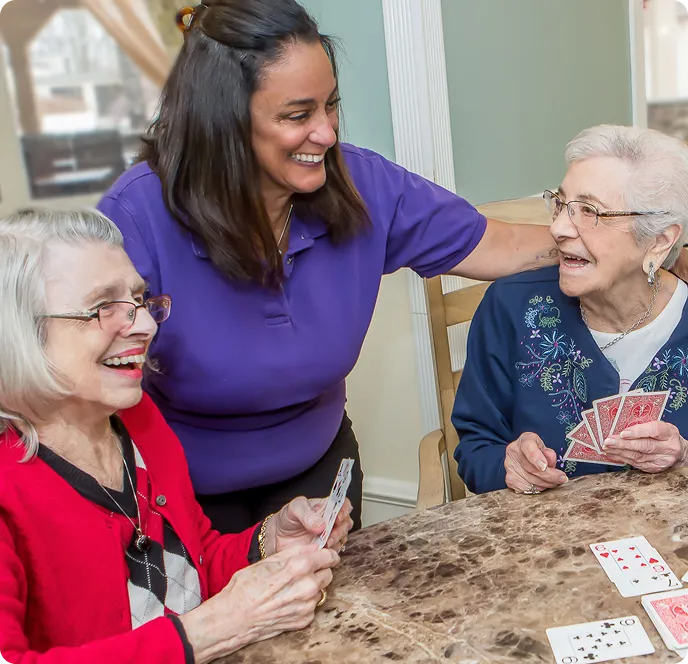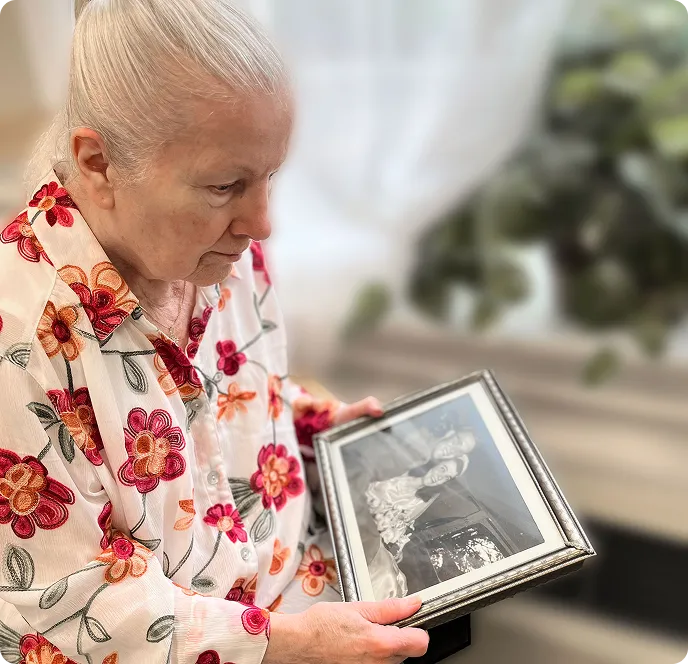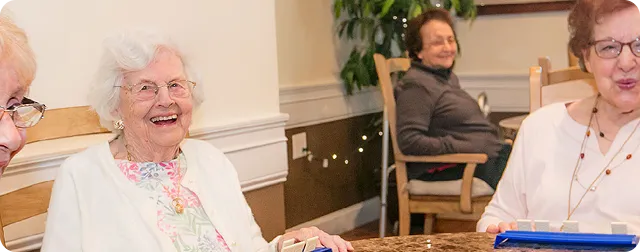(631) 778-7747
3 Signs You Should Consider Assisted Living
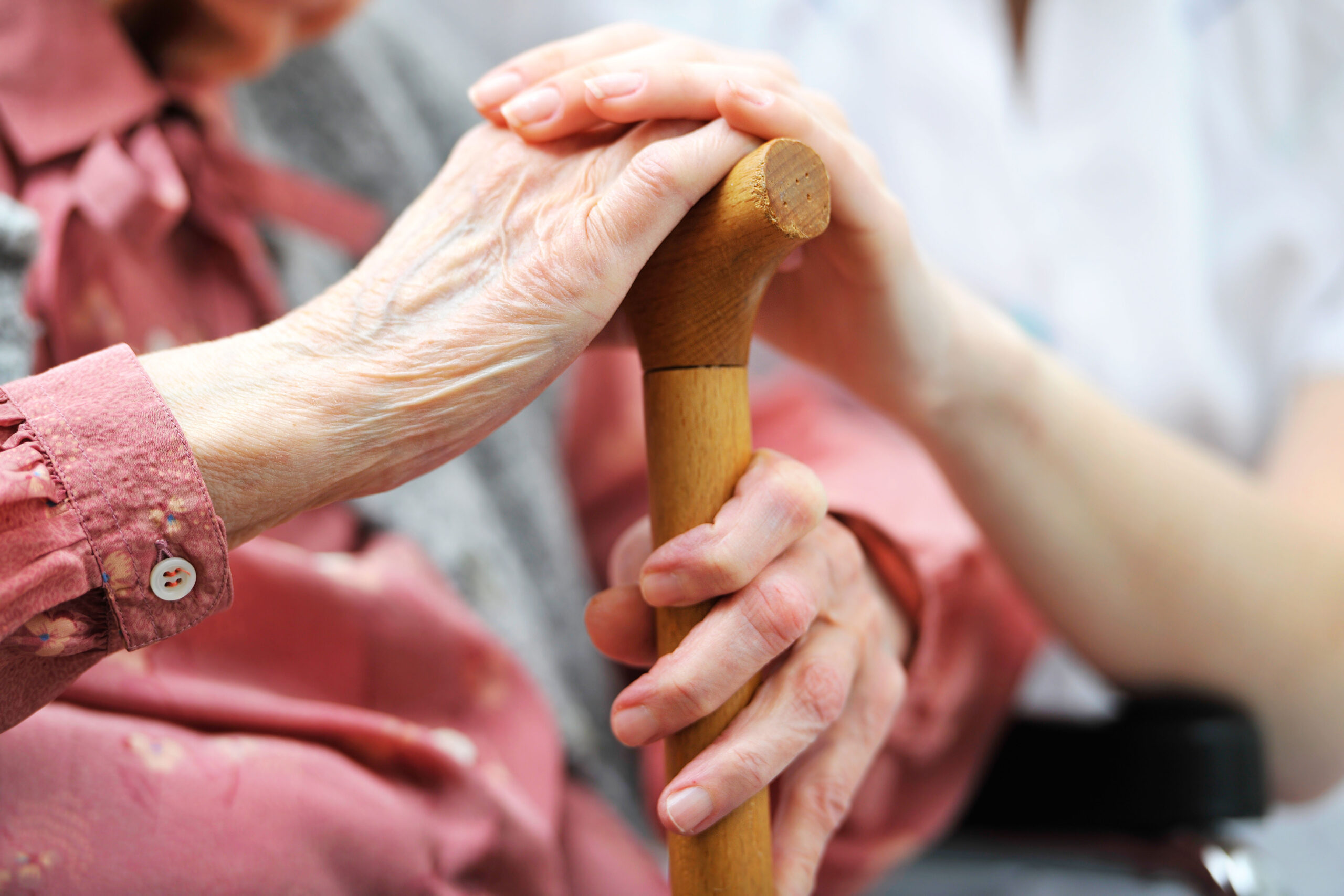
3 Signs You Should Consider Assisted Living
May 15, 2025
As we age, making the decision to transition to assisted living can be daunting, yet it often becomes necessary to ensure a safe and fulfilling lifestyle. Recognizing the signs that suggest it might be time for such a move is crucial for both seniors and their families. This transition can lead to improved quality of life, greater social interaction, and better health management. Here, we explore some red flags that indicate assisted living might be the right choice for your loved one or even yourself.
1. You Need Help With Daily Activities
A significant sign that assisted living may be necessary is difficulty with daily activities. These activities, including meal preparation, bathing, and dressing, are vital for maintaining one’s independence. When these tasks become challenging, it can indicate that the individual might benefit from the support and assistance provided in an assisted living community. Here, staff members are available to help with daily needs while empowering residents to maintain as much independence as possible.
2. Have Frequent Health Concerns
Another indicator is increasing health concerns or frequent medical emergencies. If an elderly person experiences repeated falls, hospital visits, or has chronic conditions that require regular medication management, assisted living might be a beneficial move. Notably, according to Forbes, the average assisted living community in New York has more than 100 beds, suggesting a robust infrastructure capable of catering to diverse healthcare needs. Such communities often provide round-the-clock medical assistance, ensuring residents’ health and well-being are prioritized.
3. Show Signs of Loneliness and Depression
Social isolation and loneliness can severely impact mental health, especially in the elderly. If your loved one is withdrawing from activities they once enjoyed or showing signs of depression, it might be time to consider assisted living. These communities offer a wide array of social activities and events designed to foster engagement and interaction among residents. By being part of a community, seniors can build friendships and participate in enriching activities, which can lead to improved mental health and overall happiness.
Transitioning to assisted living is a significant decision that should not be taken lightly. However, recognizing the signs that such a transition is necessary can lead to a better quality of life. From assistance with daily activities and improved healthcare management to increased social opportunities, the benefits of assisted living are numerous. Assess your situation or that of your loved one carefully to determine if this change is the right step forward. If you have questions about assisted living, The Arbors Assisted Living is here to help you navigate the change. Contact us today.
Recent News
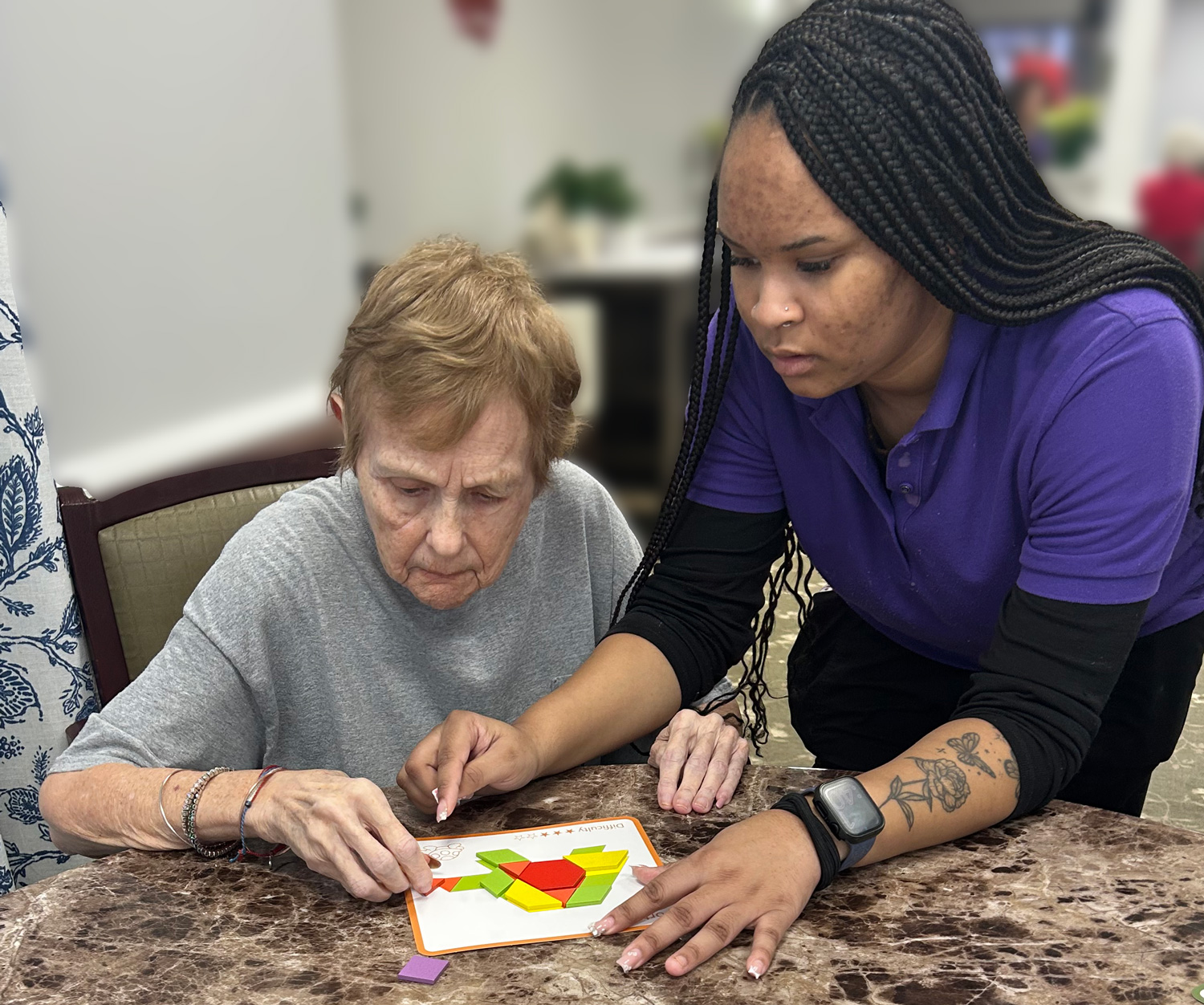
The Power of Touch
February 9, 2026

Winter Readiness for Caregivers: Do You Have a Plan?
January 6, 2026

Important Topics to Discuss With Local Assisted Living Centers
November 10, 2025

When It’s Time: Helping Your Parents Accept the Need for Assisted Living
October 15, 2025

How to Encourage an Aging Parent to Shower When They Refuse
July 2, 2025
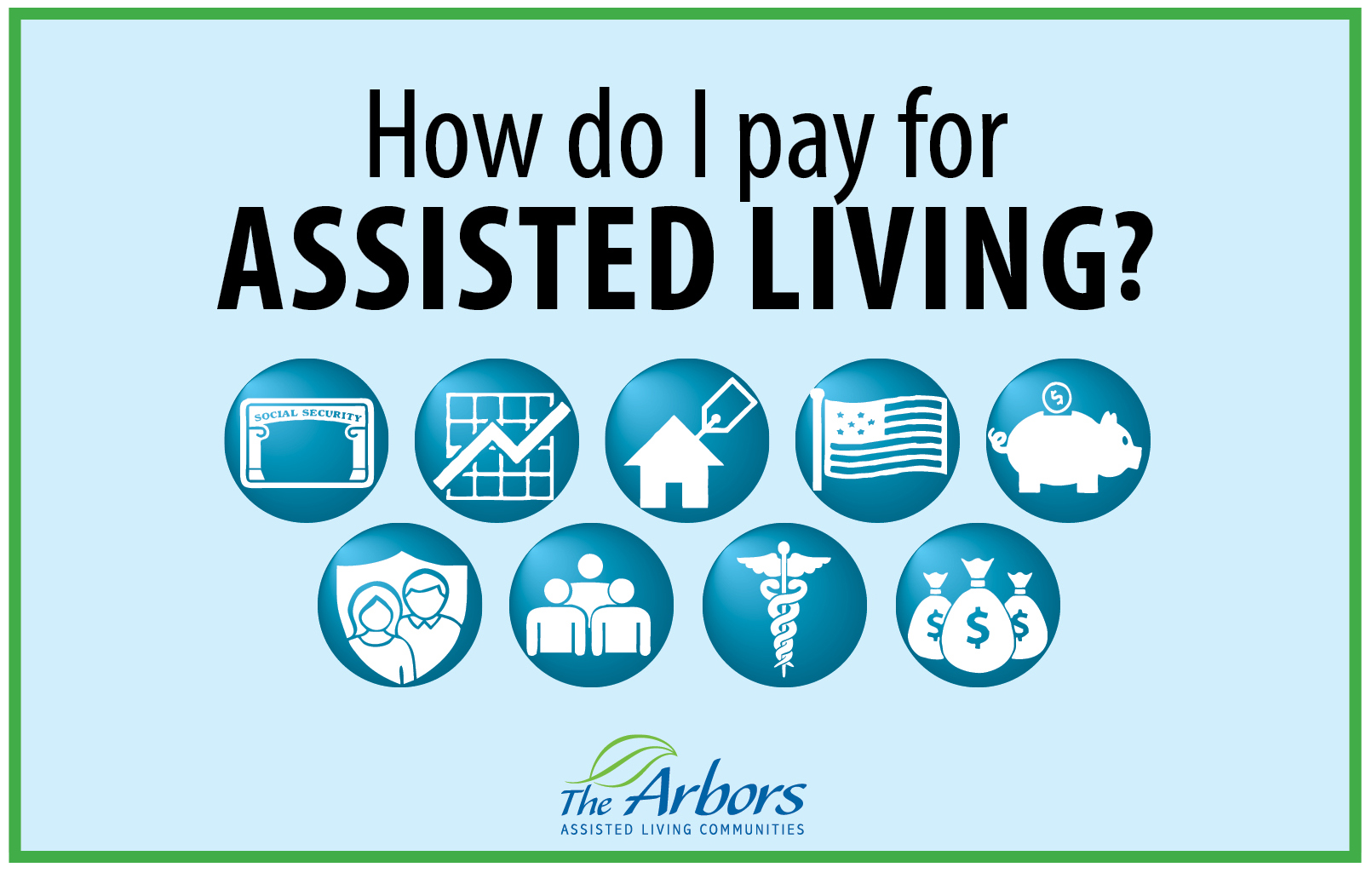
How Do I Pay for Assisted Living
June 6, 2025

How to Deal with a Senior Resisting Moving to Assisted Living
April 1, 2025
GET IN TOUCH
Let’s Talk About Making The Arbors Your Home
REQUEST A VISIT
Schedule a Tour of our Long Island Assisted Living Communities


